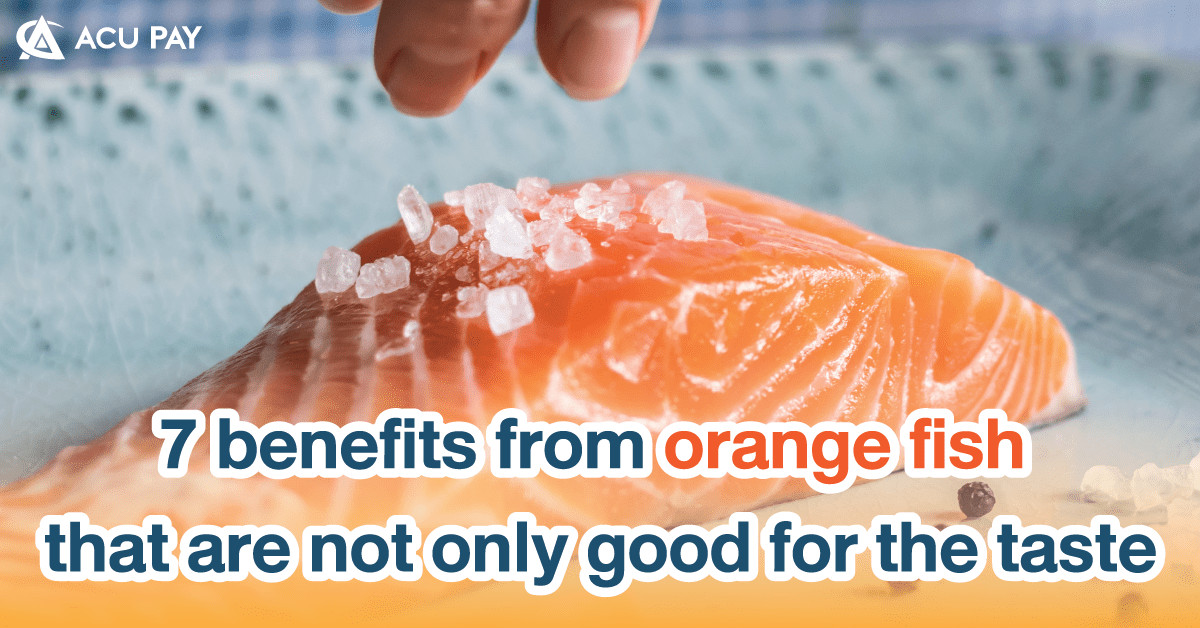

With the taste and look of delicious salmon, make it a fish that many people like a lot, so let’s take a look at the benefits of salmon.
Salmon is rich in protein. And protein itself plays an important role in your body. This includes helping us heal from injuries, protect our bones and maintain muscle mass during weight loss. And as we get older, research shows that for good health, each meal should contain at least 20–30 grams of high-quality protein, and 100 grams of salmon itself contains 22–25 grams of protein.
Salmon is one of the best sources of omega-3 with eicosapentaenoic acid (EPA) and docosahexaenoic acid (DHA). There are 2.3 grams of omega-3 in farmed salmon, compared to 2.2 grams in nature. Omega-3s are considered “essential” because our bodies cannot make them.
Consuming salmon often can help you lose weight and keep it under control. Like other high-protein foods, it helps to control our appetite and helps us feel full. Our metabolic rate is temporarily increased after eating high-protein foods such as salmon compared to other foods.
Salmon is also relatively lower in calories. 100g of farmed salmon provides only 206 calories compared to natural salmon. It has fewer than 182 calories.
Some interesting studies also indicate that salmon can help improve mental health. Because it contains omega-3s, 10 studies have found that consuming salmon at least once a week, or 500 mg of omega-3s per day, is associated with a lower risk of depression. especially in women Another small study found that in adults aged 23, omega-3 intake significantly improved symptoms of depression after 21 days.
Salmon is a good source of vitamin D. Vitamin D plays an important role in helping to increase the absorption of calcium to help build strong bones.
Vitamin B helps maintain the functioning of the nervous system and brain. At 100 grams, salmon contains more than 100% of your daily recommended intake of vitamin B12.
Because salmon contains astaxanthin, it prevents skin damage and helps you look younger. It is reported that astaxanthin can act as an antioxidant. It reduces the appearance of wrinkles, increases skin elasticity, and protects skin cells from damage. According to a 2014 study, salmon contained 0.4 to 3.8 mg of astaxanthin per 100 g, with sockeye salmon having the highest amount.
However, the right amount should be consumed. Not too much to match your metabolic rate.